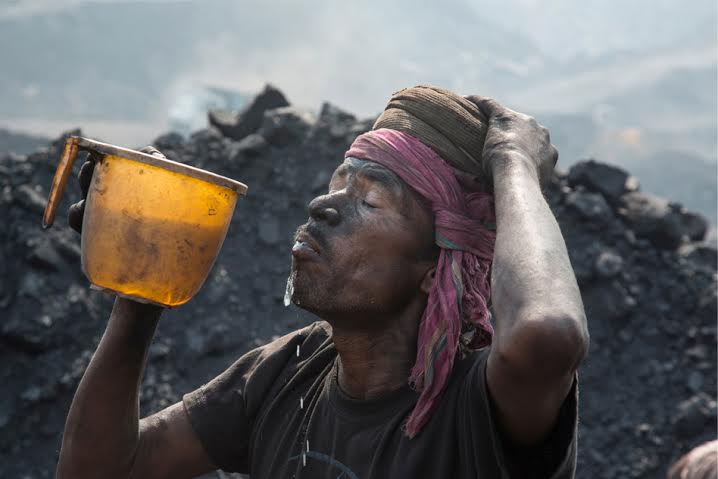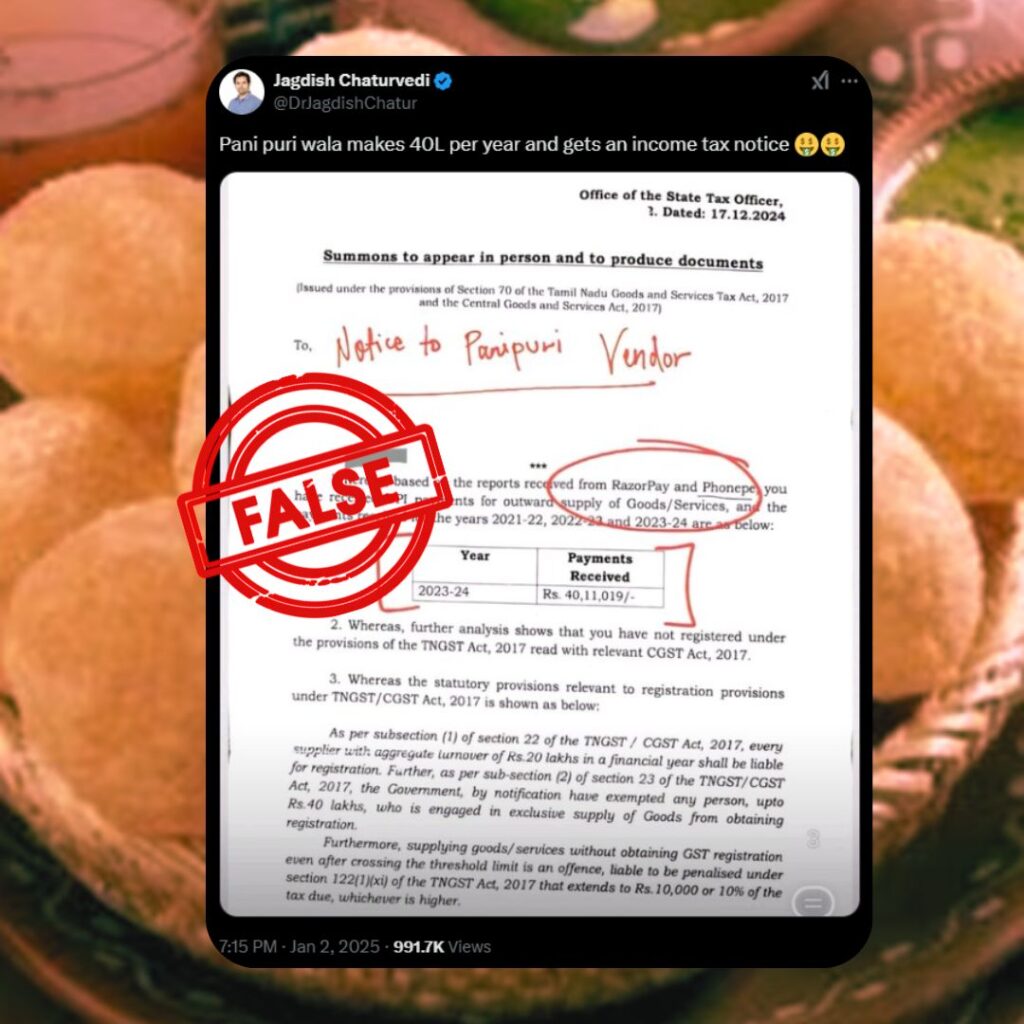In a welcome move, the Government raised the daily minimum wage from Rs. 137 to Rs. 160. This goes into effect from this month and is the first time in 2 years that the minimum wage has been altered.
In a statement, the Minister of State for Labour & Employment Bandaru Dattatraya said that the decision to raise the minimum wage had been taken in view of the recent increase in retail inflation for industrial workers. He wrote to all the Chief Ministers and LGs to take all measures to ensure the implementation of the raised minimum wage.
The minimum wage debate is a heated one, and it’s major campaign rhetoric for politicians in developed countries. However, when you consider a country like India, where over 25% of the population lives below the global poverty line, the debate takes a whole new shape.
In general, raising the minimum wage has numerous advantages:
• The cost of living is rising.
• It helps cope with inflation.
• It narrows the wealth gap.
• It provides a new lease of life for impoverished Indians.
• The minimum wage, when increased to a proper level so as to aid the poorest of the poor, will be the legitimate ‘living wage’.
At the same time, we must accept that Rs. 160 per day is hardly sufficient to lead a comfortable life. 3 meals a day, a place to stay, basic amenities, your children’s education, health expenses, loan repayments, savings, taxes – Rs.160-a-day hardly covers all of this.
Thus, we need to keep in mind that while raising the minimum wage is economically beneficial for the poor, it is only a means of fighting poverty and not the solution.
The Logical Indian community appreciates the Government’s move in raising the minimum wage and urges our leaders to continue with more creative and efficient methods to curb poverty in our nation.
Image Courtesy: NetGeo











